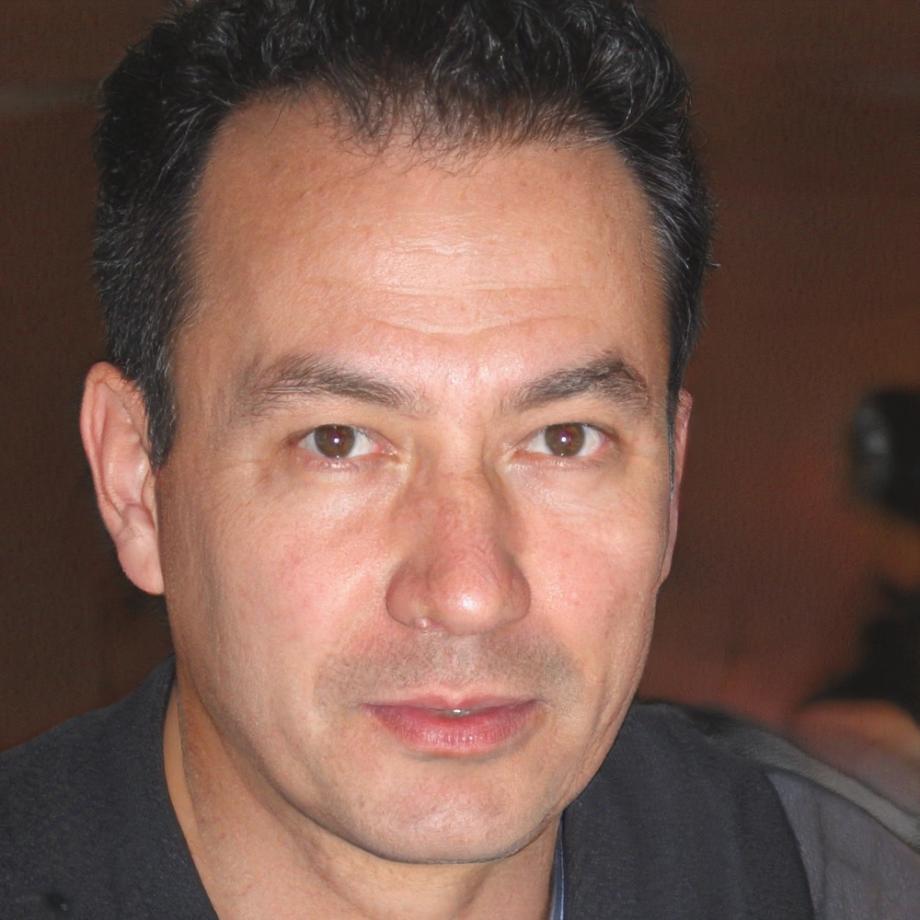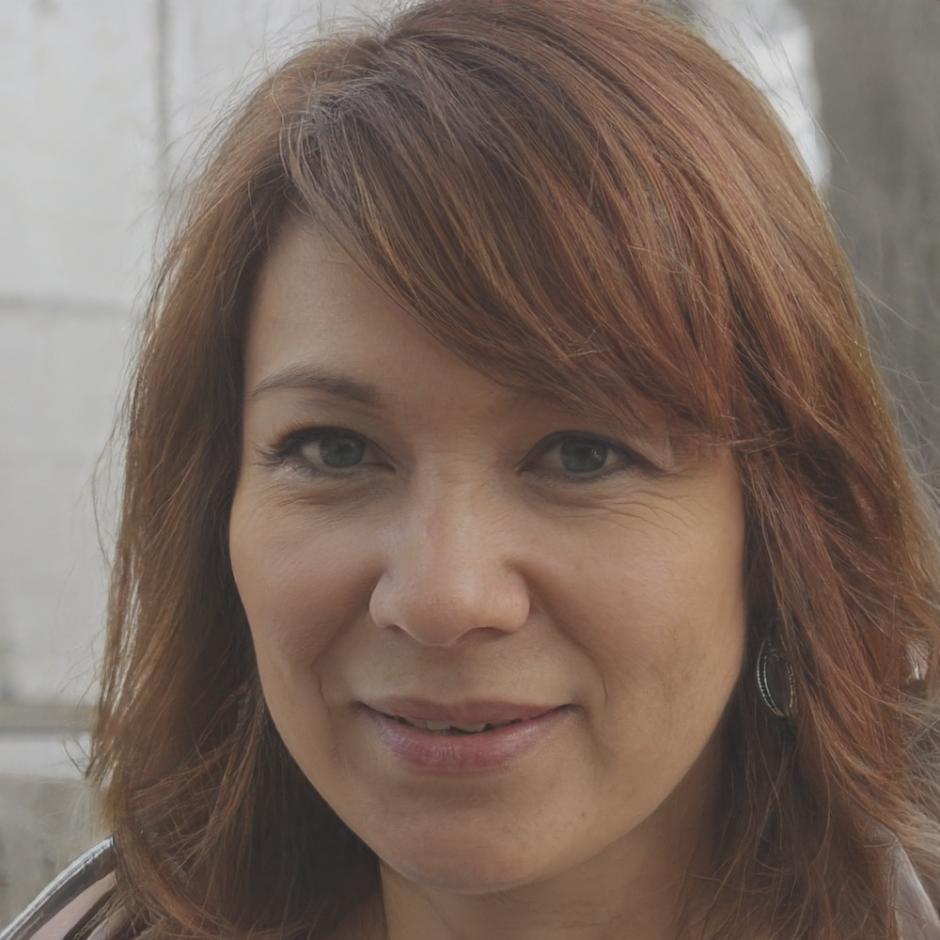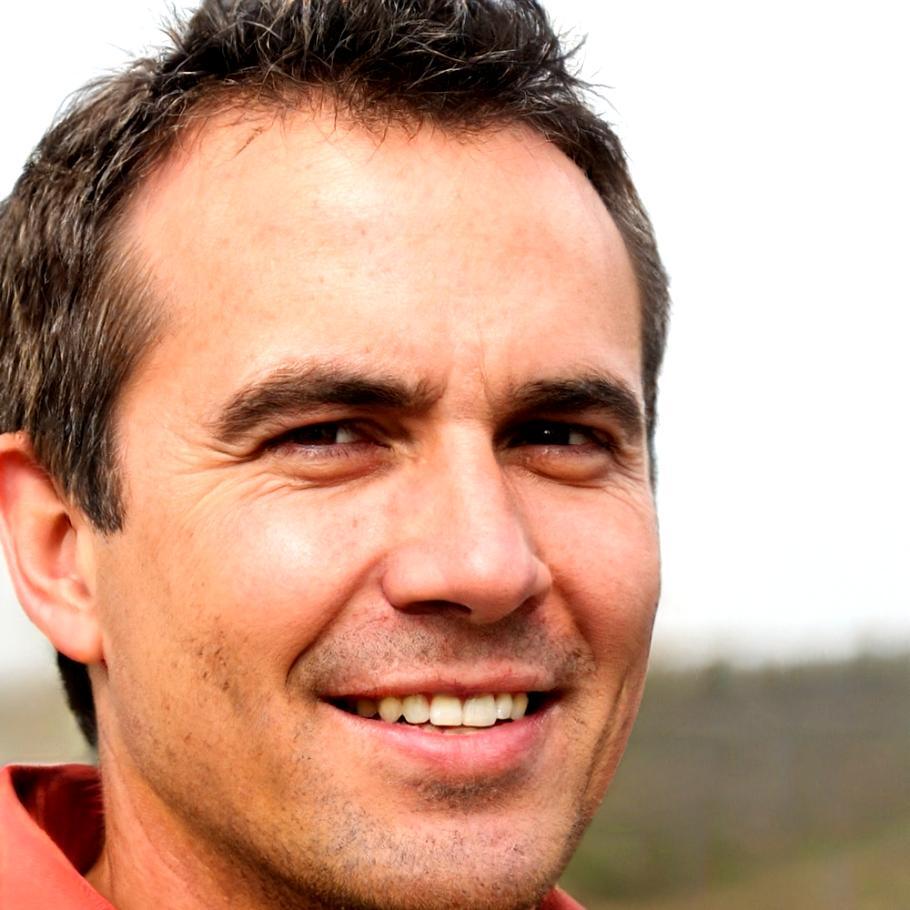Financial Analysis Certificate Program
So you want to understand financial data. Not just look at spreadsheets—actually understand what numbers mean for business decisions. We built this program for people who already work with money but need sharper analytical skills.
What You'll Actually Learn
Most finance courses throw theory at you. We don't. Every module connects to real situations you'll face at work—interpreting reports, spotting trends, explaining numbers to people who hate numbers.
Financial Statement Analysis
Start with reading balance sheets and income statements properly. You'd be surprised how many finance professionals miss important details. We'll work through actual company reports—not textbook examples—and you'll learn to spot red flags before they become problems.
Data Interpretation Methods
Numbers don't speak for themselves. This phase teaches you how to find patterns and understand context. We'll cover statistical basics that matter (not the stuff that doesn't) and show you how to present findings that people actually read.
Risk Assessment Frameworks
Every business decision involves risk. But most risk assessments are either too complicated or too simple. You'll learn frameworks that work in practice—methods you can actually apply without a PhD in mathematics.
Applied Analysis Project
Final month is your capstone. You'll analyze a real company (publicly traded, so data's available) and produce a comprehensive report. Previous students have used these projects directly in job interviews or to justify promotions at their current workplace.
Who's Teaching This
All our instructors work in finance during the day. They teach because they like it—and because they remember what it's like to learn this stuff while juggling a full-time job.

Callum Thorne
Spent fourteen years at investment firms before moving to teaching. Still consults part-time, which keeps his material current. Known for breaking down complex concepts without dumbing them down.

Petra Viklund
Works as CFO for a mid-sized manufacturing company. Teaches the risk modules because she's seen plenty of decisions go wrong and wants to help others avoid similar mistakes.

Declan Rafferty
Former auditor who now runs his own advisory practice. Handles the financial statement modules and helps students understand what auditors look for—useful knowledge whatever your role.
How It Actually Works
We know you're busy. The format reflects that—structured enough to keep you on track, flexible enough to fit around your life.

-
Evening Sessions
Two live sessions per week, Tuesday and Thursday evenings 6:30-8:30pm AEST. Recordings available if you miss one, but live attendance helps with group discussions.
-
Self-Paced Materials
Video lessons and reading materials released Monday mornings. Most students spend 4-6 hours per week on this content—watch during lunch breaks, weekends, whenever works.
-
Practical Exercises
Weekly assignments based on real financial data. You'll analyze actual companies, not made-up case studies. Feedback provided within 48 hours so you can apply it immediately.
-
Small Group Work
Cohort of twelve means you'll get to know everyone. Study groups form naturally—past students say this peer network becomes valuable long after the program ends.
Ready to Start?
Next cohort begins September 8, 2025. Applications open June 1. We'll review your background and current role to make sure this program fits what you're trying to accomplish.
No entrance exam. No long application essay. Just a quick conversation to confirm this matches your goals. We want people who'll put in the work, not people who look perfect on paper.
